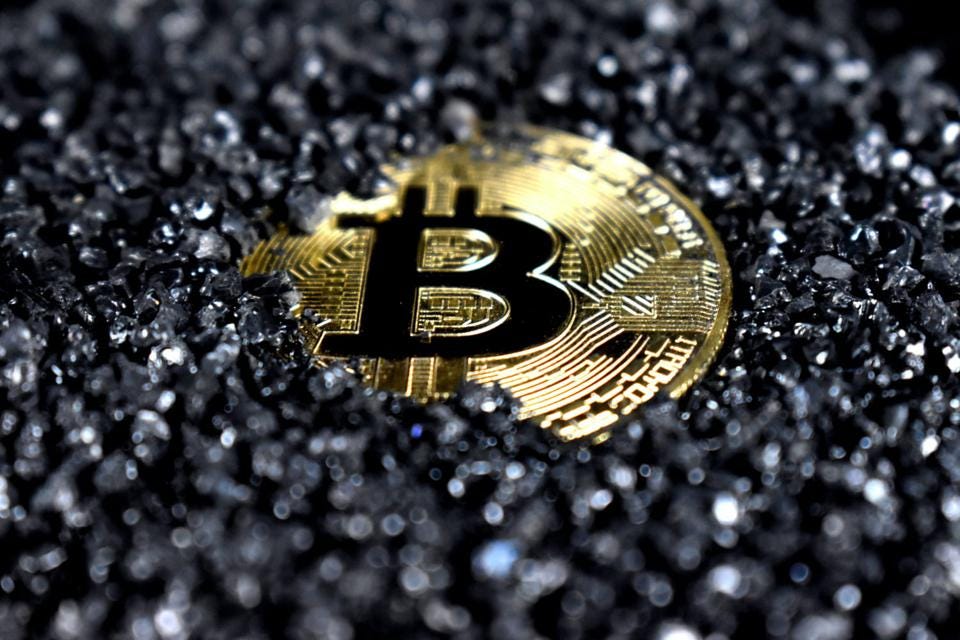My next series of writings may extend to six or seven pieces. I have been mulling and pondering over this for a long time. I hope and trust it will create the same sort of enthusiasm in your reading as much as in my writing.
We are at the cusp of some major changes in financial markets and a new order in the way we define money. The rise of the dollar as a major reserve currency took its roots at the Bretton Woods Agreement held at the Washington Hotel, New Hampshire in July 1944. Present at that meeting were representatives from the leading 44 countries in the world. The meeting was mainly to discuss the future of economics, trade, currencies, and the gold standard.
With the US leading the discussions, they wrote about currency exchange, gold reserves, trade tariffs, and most importantly helping the developing world to overcome poverty.
The biggest change from the meeting was to move from the gold standard to a dollar standard (although temporarily backed by gold). However, that didn’t last that long. On August 15, 1971, President Nixon decided to abandon whatever was left of the backing by gold and moved to the fiat money system.
What it meant was that the governments had unlimited power to print money to address every crisis situation. Under the gold standard, money was hard and sound and it couldn’t be created out of thin air but once the barrier was removed there was no stopping printing money. Be it a natural disaster, pandemic, war, or budget deficit more money can be printed at will. Think of it as a Ponzi scheme at the highest level. Imagine if we all individually had the same power to solve our financial problems. We will also print like crazy.
I know I am not very smart but I know one thing if an asset becomes too abundant, its value can drop to zero. In the last two years alone, $8 trillion has been printed increasing the money supply by 40%. Jay Powell and his army of economists are surprised that CPI has hit 10%. Actually, real inflation is much higher as you would have noticed from your bills from the supermarket and gas stations from your utility bills.
By the way, before the US Dollar became the world’s reserve currency, it was the British pound and before that, it was the Dutch guilders. In the last three centuries, we have had three major currencies rule the world. The intervening periods are anywhere between 75 to 100 years.
If you think you can print your way out of a bad financial situation ask Zimbabwe, Venezuela, and Argentina how it has been going for them. Then what is still holding the dollar up so much?
Another great development that took place at the Bretton Woods was the creation of the International Monetary Fund. Their policies and actions are questionable but nonetheless, they are a necessary evil that has played a big role in keeping this global system running.
In many poor countries, they force and bribe officials to accept loans that they can’t possibly repay and in exchange are forced to sell their natural resources at below-market prices. All this has led to some independent thinking poor countries to think and act differently.
I know most people will struggle to point El Salvador on a map or even hear of this country. It is one of the poorest and most dangerous countries in the world. Last year El Salvador adopted Bitcoin as a legal tender. In doing so, they broke the monopoly of the fiat money and the IMF's influence over them. See my bitcoin archives here, here, and here.
The IMF was clearly not happy about this and applied a lot of pressure and veiled threats on President Bukele to give up on the idea. The IMF even offered another loan in an attempt to bribe them and keep them in their fold but Bukele went ahead with his bitcoinization of the country and started a bitcoin bond in order to seek funding for social and development projects.
Why Bitcoin? Bitcoin has been designed as a decentralized currency, a resilient network, and a scarce asset meaning there is no possibility of attack. It has no CEO, board of directors, headquarters, or a central database to attack. Any individual, company, or country can opt to exchange their money for Bitcoin in a permissionless and censorship-resistant way. It is a huge network of thousands of nodes with an exact copy of the transaction history that can’t be hacked manipulated or shut down.
This new development has been a concern for the IMF and even for the dollar. Compared to all other assets Bitcoin doesn’t have that much history. Bitcoin was born in the aftermath of the GFC. It was invented in 2008 by an unknown person or a group of people using the name Satoshi Nakamoto. The fear that the governments cannot be anymore trusted with our money forced the libertarian minds to adopt Bitcoin. The currency began its usage in 2009 when its implementation was released as open-source software.
Bitcoin transactions are verified by network nodes through cryptography and recorded in a public distributed ledger called a blockchain. So Bitcoin has its value and no doubt it is an amazing technology. Will the major developed countries accept Bitcoin as legal tender? I doubt it. The major countries will not surrender their control over money nor will they succumb to a technology currency that they have no clear knowledge of who the real founders are.
Incidentally what happened last week was also that 44 poor countries got together in El Salvador at the invitation of President Bukele to discuss the possibility of adopting Bitcoin in their respective countries. All these are poor and are tired of being bullied and abused by various agencies in power.
They believe by breaking from the dollar standard to the Bitcoin standard, they can gain financial freedom meaning sovereignty, independence, and control over their resources.
A total adoption no doubt should help to get rid of inflation, weak currencies, and the tariffs imposed when using the dollar or Euro. Will this work for these countries in creating a sound money with a store of value? It is too early to tell. How has it been going for El Salvador so far? I am not hearing many good reports.
Bitcoin no doubt has most of the attributes of gold as a store of value in a digital format. It has scarcity, proof of work, immutability, fungibility, transportability, security and verifiability.
Will I invest in Bitcoin? I don’t think so. I had the opportunity to invest when it was at $230 in 2013 when I was invited to a private meeting in Zurich. I missed that and have not invested since. Firstly, I don’t like the mysticism surrounding its creation and the proof of work principle which creates huge electricity usage. I understand its scarcity as there will be only 21 mln bitcoins ever mined and it’s a store of value but not for its usage and utility. I think that there will be much better tokens for that and we will discuss them in the upcoming reports.
If you received value from this post, and you’d like to send some back, or if you’d like to signal to me to continue spending time on these types of explorations, feel free to buy me coffees (thank you!):
So, there we go. Thanks for reading Breezy Briefings. If you enjoyed this, I'd really appreciate it if you could take a second and tell a friend. Honestly. It makes such a big difference.
Forward this email. Recommend the newsletter. Share on Twitter, WhatsApp, Telegram, LinkedIn, Slack, wherever!
Join Breezy Briefings’ Official Telegram Channel: https://t.me/BreezyBriefings
Abraham George is a seasoned investment manager with more than 40 years of experience in trading & investment and multi-billion dollar portfolio management spanning diverse environments like banks (HSBC, ADCB), sovereign wealth fund (ADIA), a royal family office and a hedge fund. Currently, he is a co-founder of a new hedge fund where foreign citizens can invest in Indian growth stocks like Tanla operating in hyper-growth markets like CPaaS.



